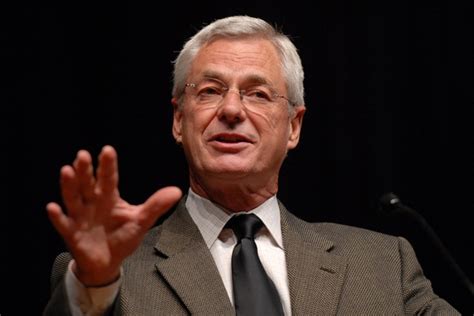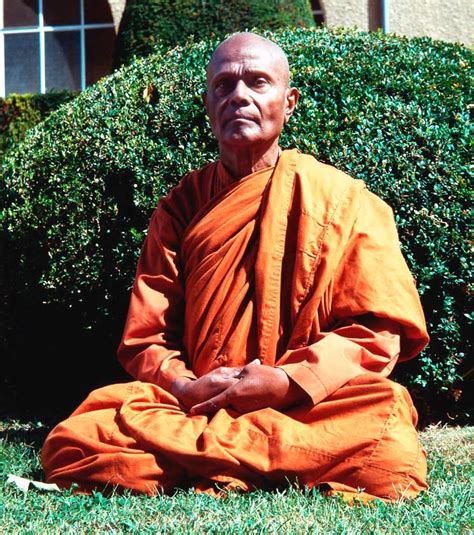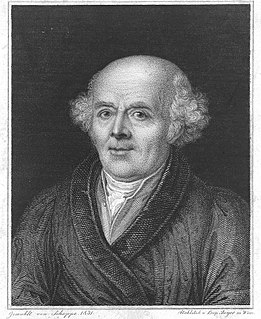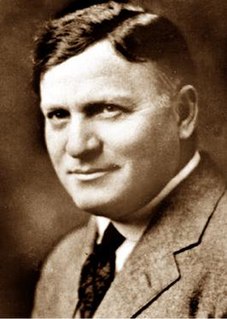A Quote by George Friedman
Idealism is frequently another word for self-righteousness, a disease that can only be corrected by a profound understanding power in its complete sense.
Related Quotes
By right, as the word is employed in this subject, has always been understood discretion, that is, a full and complete power of either doing a thing or omitting it, without the person's becoming liable to animadversion or censure from another, that is, in other words, without his incurring any degree of turpitude or guilt. Now in this sense I affirm that man has no rights, no discretionary power whatever.
True conversion means turning not only from sin but also from depending on self-made righteousness. Those who trust in their own righteousness for conversion hide behind their own good works. This is the reason that self-righteous people are so angry with gospel preachers, because the gospel does not spare those who will not submit to the righteousness of Jesus Christ!
Every effective drug provokes in the human body a sort of disease of its own, and the stronger the drug, the more characteristic, and the more marked and more violent the disease. We should imitate nature, which sometimes cures a chronic affliction with another supervening disease, and prescribe for the illness we wish to cure, especially if chronic, a drug with power to provoke another, artificial disease, as similar as possible, and the former disease will be cured: fight like with like.
Calamity, war, famine, plague, death, adversity, disease, injury do not necessarily produce repentance. We may become better in a calamity but it does not necessarily make us repent. The essence of repentance is that we cannot be repentant until we confront our own self righteousness with God's righteousness.
Our German language has a word which in a magnificent way denotes conduct based on this spirit: doing one's duty [Pflichterfüllung]-which means serving the community instead of contenting oneself. We have a word for the basic disposition which underlies conduct of this kind in contrast to egoism and selfishness-idealism. By 'idealism' we mean only the ability of the individual to sacrifice himself for the whole, for his fellow men.
We are all members of the same flawed species. Putting our moral vision into practice means imposing our will on others. The human lust for power and esteem, coupled with its vulnerability to self-deception and self-righteousness, makes that an invitation to a calamity, all the worse when the power is directed at a goal as quixotic as eradicating human self-interest.




































